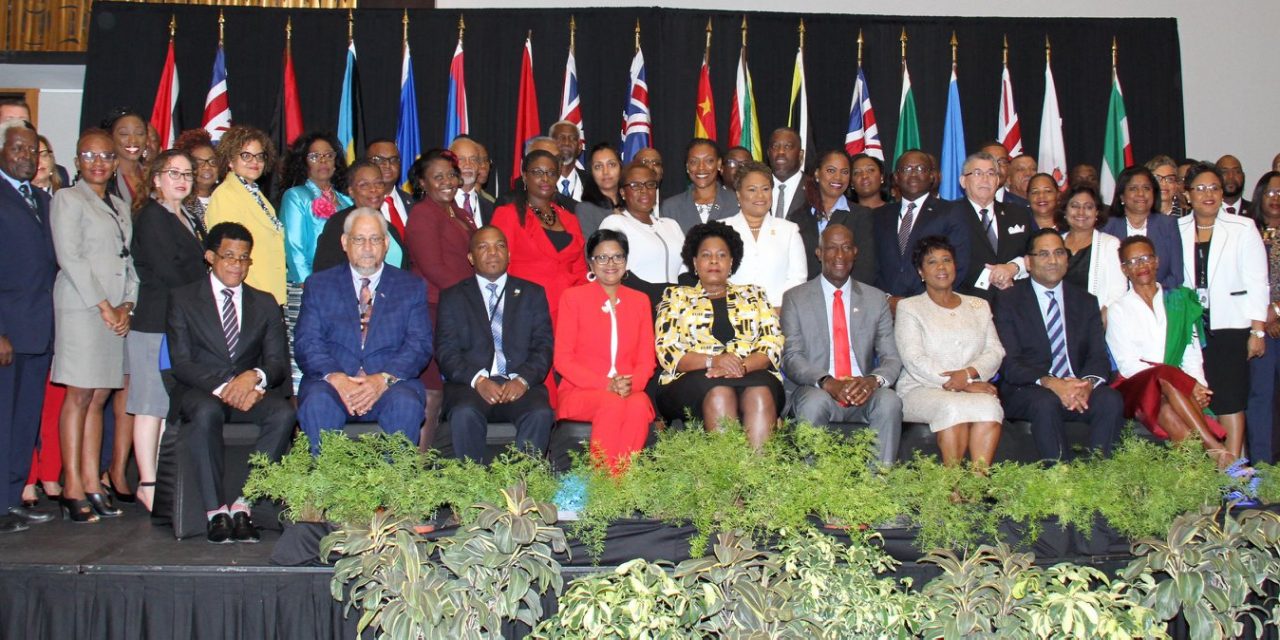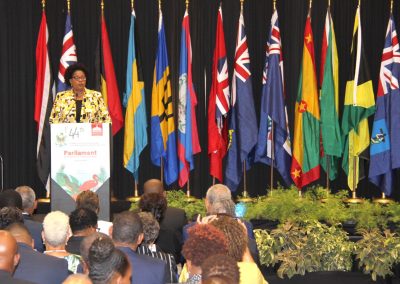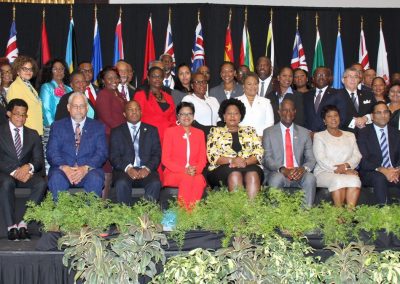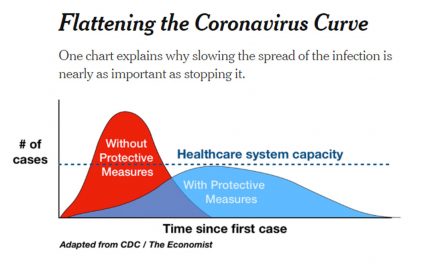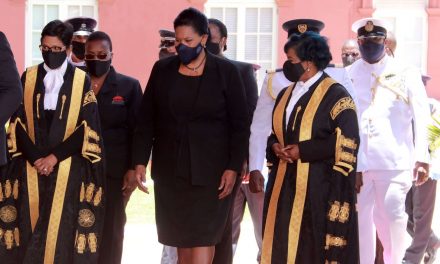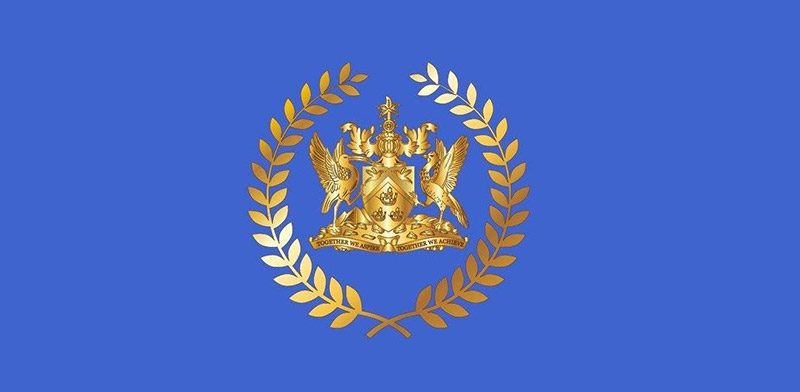Even the most casual observer of the proceedings in our Parliament would be concerned about how the people’s business is being conducted; and those who follow avidly might well be alarmed. Walk outs, put-outs, distrust, thinly-veiled insults, inability to arrive at consensus quickly, if at all, on the simplest of issues, referrals to the Privileges Committee, whether apologies are to be offered; all seem to take precedence over formulating laws for the good of our citizens.
The core function of our distinguished Houses is essential and purposeful, but what does the average man on the street think about what goes on there? Forty years ago, one of our calypsonians, Explainer, expressed it this way; referring to our lawmakers, he composed a song entitled “They Kicksin’ in Parliament”. The bad news is that public opinion has not changed for the better since then.
Around much of the world, this region included, people are losing faith in the elected/appointed officials entrusted with making laws that will directly affect their lives and livelihood. And, we would have gathered today to do nothing more than socialise and network, if we do not challenge ourselves to confront the criticism and provide a credible and comprehensive response.
Your theme for this conference asks of you the question Quo Vadis, “Whither goest thou?” or in common parlance, “Whey we goin’?” in respect of Globalisation and Nationalism, the most pressing issues of modern society¬—and it’s an urgent question, but I make bold to suggest that the question has also to be asked generally of your stewardship as Parliamentarians.
I thank the Speaker of the House of Representatives for her invitation to address you, parliamentarians of the Caribbean, Americas and Atlantic region of the Commonwealth Parliamentary Association, at a time when these issues need to be placed firmly on the front burner. Controversy and constitutional crisis have erupted in Guyana, and in Trinidad and Tobago we approach the 29th anniversary of an attempted coup d’état which played out in our Parliament and shook the nation to its core; we in the Caribbean are no strangers to political crisis and intrigue and we can reasonably expect more of the same.
To the average citizen, Parliament can appear to be a glorified ‘talk shop’ governed by self-interest and partisanship. Walter Bagehot, a 19th century British journalist, described Parliament as, and I quote, ‘nothing less than a big meeting of more or less idle people’. The stereotypical labels are unfortunate and misplaced when we consider the critical role that the parliament plays in a functional and well-run democracy, but as Harvey ‘Lee’ Atwater, American political consultant during the Reagan years, so famously said, “Perception is reality”.
It is the parliament which makes the laws that affect people’s lives and provides a platform to undo many wrongs and to confer and entrench important rights. People expect their parliamentarians to represent their interests and manage their affairs; to keep the Executive accountable; and to formulate germane policies and frameworks in response to, or in anticipation of, crisis. Not unlike the calypsonian, parliamentarians are the people’s mouthpiece, conveying their concerns and perspectives.
According to the United Nations, people in the Caribbean region want their representatives to address two main concerns: firstly, the creation of job opportunities and secondly, assistance in getting those jobs. On their face, these are simple requirements, but satisfying them can call for complex solutions….and that is where the parliamentarian comes in. Take the issue of immigration—a pressing concern for our workforce in Trinidad and Tobago—consensus on how to implement relevant legal frameworks and fulfil our international obligations is elusive, and our people are anxious for a clear, equitable, sustainable and humanitarian roadmap for the short and long term; only the Parliament can provide that comfort.
Members of Parliament must be unafraid and unfazed when it comes to dealing with matters which affect the man on the street, making hard decisions and legislating accordingly. Once electoral and appointments processes have run their course, representatives have the paramount duty to hold the interests of their constituents above their political selves—an obligation that must be reinforced by the rules and procedures of parliament.
Proper parliamentary oversight is critical to the running of a country. The evidence indicates that where parliaments conduct effective scrutiny of public spending, there is a lower incidence of corruption. According to Transparency International, Barbados has the lowest level of perceived corruption in the Caribbean region and places 25th at the global level. Bahamas is a close second at number 29. Trinidad and Tobago is pegged at a disappointing 78th on the most recent Corruption Perceptions Index 2018, and whether or not we quibble over or dispute the accuracy of the analysis, clearly none of us is doing well enough……remember Atwater’s wisdom!
Truth be told, while we have room for improvement when it comes to the perception of corruption, there is another concern—that of how seriously those who sit in parliament view their responsibilities. Please allow me to quote a few excerpts from Explainer’s 1979 contribution to highlight the problem…
“I feel the government in this country
Should treat the people more seriously
When they have they Parliament meeting
Something constructive should be happening”
“They kicksin’, kicksin’ all the time, they blowing everybody mind”
“Foodstuffs have a shortage daily, business places burning in the city
Before they watch these things seriously, the whole meeting is a comedy
Ridicule, fatigue giving, and all of the members laughing
While they having a good time, we catching we royal behind.”
A stinging indictment and we must ask whether it is as current now as it was then.
While there certainly is room for picong and jollity, there has to be alignment between the distinguished and important nature of the work and the conduct exhibited by those who sit in parliament. Debates will become passionate, even heated, but our representatives must model the highest standards of dignity, respect and civility while in the Chambers. With the advent of the Parliament Channel on local television, our nation gets to witness the behaviour, and sometimes, the misbehaviour, of its representatives. Our young people, in the spirit of the old Malian proverb, “monkey see, monkey do”, will consider what they see us do to be appropriate, and so mimic and perpetuate the standards we set.
A vital aspect of this region’s movement forward is engaging our young people and ensuring that they are interested in, understand the benefit of, and participate in the work of parliament. 60% of the Commonwealth’s 2.4 billion people are below the age of 30. The Youth Parliamentarians who will be participating in the 15th Regional Youth Parliamentary Debate later this week must understand and harness their power and work towards bringing about the change they wish to see. The involvement of young people in parliamentary decision-making is fundamental to the future of the region.
Diversity strengthens parliaments and overall we appear to be making steady, though slow progress when it comes to gender balance. Women’s participation in politics is important in ensuring good governance and adherence to the principles of democracy. They comprise roughly half our populations, yet are underrepresented in most parliaments around the world. According to the UN, approximately 22% of cabinet positions in the Anglophone Caribbean are held by women. While the rise of women in leadership has not yet translated into a permanent shift in cultural attitudes, it is my hope that collectively, this is a frontier we will soon conquer.
We must forge a distinct path for a 21st century Caribbean, Americas and Atlantic (CAA) Region of the Commonwealth. I gave you some bad news earlier which you handled well, now here’s the good news…we’ve got this! It is well within our grasp. Our identity and unique needs will inform our response to the most pressing issues of our time—today globalisation and nationalism are at the centre of discussions. Globalisation is a double-edged sword, both helping and hindering our small nations. Technological innovation and communications, increased foreign direct investment and tourism, and easy access to foreign goods and services have benefitted Caribbean society tremendously. On the other hand, our economies are at the mercy of the vagaries of the global economy and we in Trinidad and Tobago are currently suffering the effects of that reality. The dismantling of preferential trade agreements, exodus of skilled workers and rising debt burdens have also affected our potential to thrive. It falls to our parliamentarians to balance the pros and cons and create policy frameworks that will ensure growth and reduce debt in order to protect the people who are on the front line, such as our farmers, hotel workers and manufacturers.
In response to the effects of globalisation, nationalism has reared its ugly head in countries across Europe and in the United States. It is the negative aspect of nationalism which your Secretary General referred to as ethnic nationalism. In T&T, although the influx of Venezuelan migrants has seen an outpouring of generosity and kindness on the part of some Trinbagonians, it has also opened a window into our parochialism, xenophobia and racism. Hostile and derogatory comments about migrants are made on social media and talk radio all in the name of patriotism.
It is for our lawmakers, representing the views, interests and aspirations of those on whose behalf they speak, to set the tone. The people will follow where you lead.
As small sovereign developing states, our resources and capacities are limited. The challenges we face are manifold and best tackled together, by countries with a shared heritage. We have to conceive, plan and innovate strategies to meet the challenges of the present and future and we must, in the context and climate of the 21st century, make use of available technology to communicate to the public what is being done and how that affects them.
This is where the CPA finds its purpose—to advance parliamentary democracy and to strengthen models of governance. I quote from the CAA Region Recommended Benchmarks: ‘the parliamentary system is a dynamic one so that “best practice” today will be surpassed tomorrow as institutions, Members, officials and citizens alike seek ever higher standards.’
All countries represented in this room have committed to the fulfilment of the United Nations 2030 Sustainable Development Agenda. We can move closer to the achievement of its 16th goal, to ‘promote just, peaceful and inclusive societies’ with the strengthening of parliamentary frameworks and the continued work and influence of organisations such as the CPA.
I am pleased to declare this conference open; may your deliberations and interactions contribute to the enhancement of Caribbean identity and unity in the years to come; and to our visitors, I hope that you will find the time to explore and enjoy the natural, cultural and culinary attractions of Trinidad and Tobago before you depart our shores.
I wish you a very successful conference.

